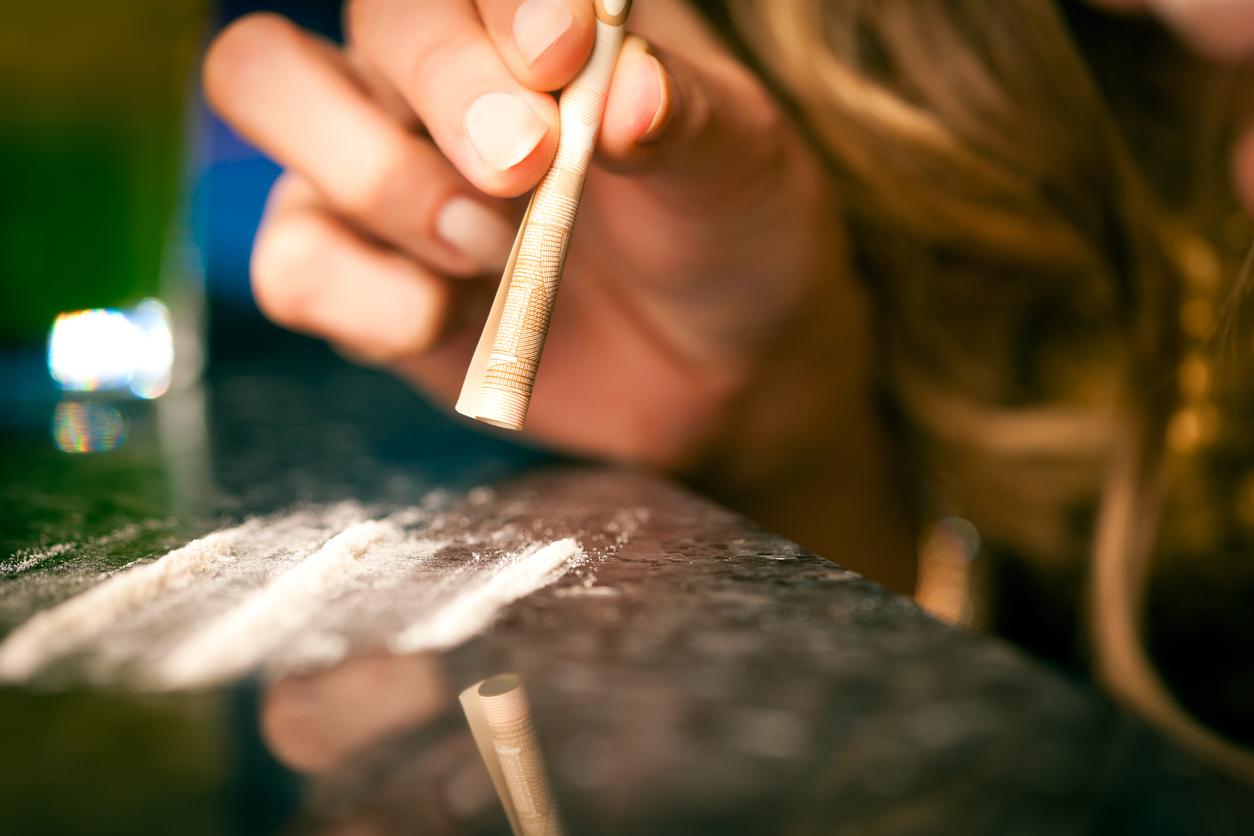With the aging of the population, the question of staying at home in the event of dependency, illness or severe disability is increasingly being asked. The Home Health Benefit (PSAD) helps to keep patients at home, yet it is not well known to the French. The Harris Interactive Institute publishes an online survey carried out from October 18 to 20, 2016 for Orkyn (one of the leading home healthcare provider organizations) using the quota and adjustment method.
This survey conducted among 1004 people representative of the French population indicates that the French have a poor knowledge of the PSAD. 88% of the population wrongly believe that the PSAD relates to home care and 80% to personal assistance services such as household help or meal delivery. The home healthcare service actually includes respiratory assistance, artificial nutrition (for example by tube), infusions, insulin therapy as well as home care equipment. It is offered on medical prescription in pathologies such as diabetes, Parkinson’s disease or respiratory failure.
The little known but well perceived PSAD
The players in the sector are also poorly known to the French. Six out of ten people do not know any of them, and the best known benefits from notoriety among only 20% of respondents. Overall, 81% of the population feels badly informed, and one out of two French people would like to obtain more information on the PSAD. 4% of French people benefit directly from one of these services, and 14% have a beneficiary in their entourage. Unsurprisingly, this population group is the most informed, even if in general, women are more aware than men of the areas that the PSAD actually covers.
However, this lack of knowledge does not affect the good image of the French on these services, which they believe contribute to the quality of life of patients (86% of respondents), support them (85%) and offer them comfort (84%) and autonomy. (81%).
Also to read
The end of life at home increases the duration of life
Seniors: a law to facilitate home care


















